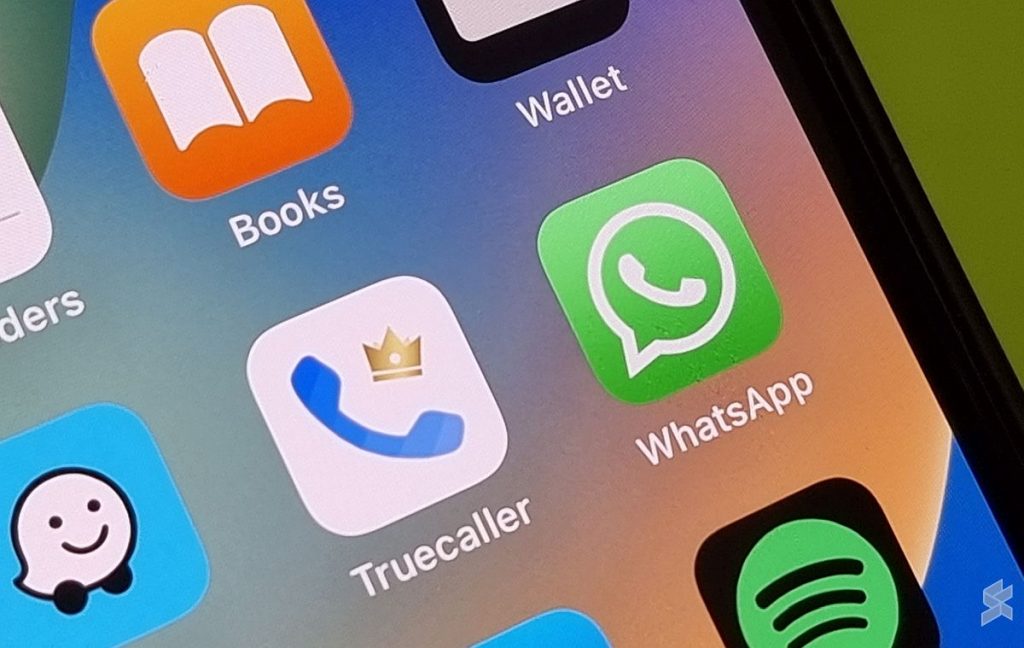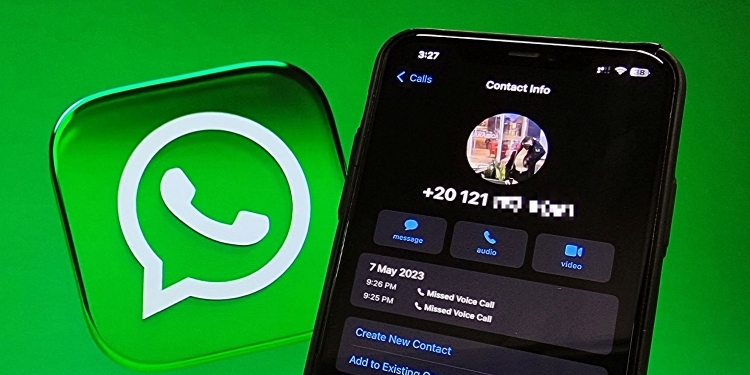If you’ve been getting weird repeated WhatsApp calls from weird unknown international numbers, you’re not alone. There’s been a rise in scam calls on WhatsApp and users are advised not to entertain calls from unknown contacts.
Based on Meta’s track record of tackling scam ads on Facebook, there’s nothing much WhatsApp users can do except report and block these contacts. However, due to the nature of such activities, it is easy for these syndicates to create new numbers for WhatsApp and to repeat their attacks on innocent victims.
⚠️SCAM ALERT⚠️
— Ooi Beng Cheang (@luxentX) May 2, 2023
For those of you who received these calls, report and block their number as spam. Make it harder for the spammer to register a new phone number. pic.twitter.com/JjhRaIIA6x
To address these concerns, Truecaller is working on making its caller identification service available for WhatsApp and other messaging apps to help users identify and block spam calls. According to Truecaller’s Chief Executive Alan Mamedi, the feature to block spam calls on WhatsApp is currently in beta and it is expected to be rolled out later in May.

In case you didn’t know, Truecaller is a caller ID app with real-time community-based spam reporting. Besides helping users to identify unsaved numbers, the Truecaller community also reports numbers used for scams, telemarketing and fraud. Users can avoid spam calls and SMS completely, by enabling auto-block which taps on a global spam call database contributed by over 350 million users worldwide.
According to Truecaller, they have successfully identified and blocked 37.8 billion spam calls and blocked 182 billion spam messages. The Truecaller app is available on both Google Play Store and the Apple App Store.
Malaysian telcos have recently blocked SMS containing URLs sent from local and international mobile numbers effective 2nd May 2023 as directed by the Malaysian Communications and Multimedia Commission. However, this also means that scammers are now moving towards other platforms such as Apple’s iMessage as well as WhatsApp. Unfortunately, Malaysia’s current regulatory policies are not effective in handling platforms hosted overseas and it is up to the platforms to self-regulate using their own policies.
[ SOURCE ]








